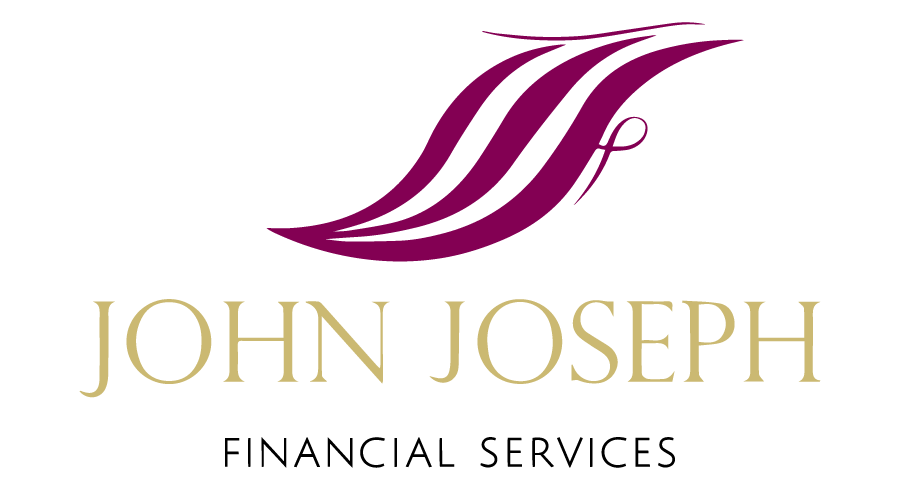The Mid-Pandemic Budget
the mid-pandemic budget
04 march 2021
While the pre-Budget Treasury leaking machine appeared to flag many of the Budget measures announced, the Chancellor still managed to produce some surprises on Budget Day.
As the number of people affected by Covid-19 now appears to be slowing as vaccines are rolled out, Mr Sunak was clear on the government’s intention to see out the next few months as lockdown eases with similar support for businesses and individuals. The existing pandemic schemes with which we have now become familiar – furlough, self-employment schemes, business loans and grants – have been extended through to the end of June or even beyond. He chose to spend big initially, announcing major investment incentives for companies in the next two years, adding further to the government debt mountain.
However, after companies have had their investment binge, the widely anticipated corporation tax rise then kicks in with a vengeance as the main rate leaps by 6% to 25% in just two years’ time.
Individual taxpayers did not escape paying their fair share either, with Mr Sunak reaching for the old stealth tax favourite of freezing bands, thresholds and allowances. The inheritance tax nil rate band, which was originally frozen at £325,000 in 2009, is not now due to increase until April 2026.
As a cornerstone of his ‘Plan for Growth’ for post-Brexit Britain, the Chancellor announced the launch of freeports, naming eight throughout England, from Teeside to Plymouth and South Devon. These will enjoy a range of tax benefits including full business rates relief, enhanced capital allowances and stamp duty land tax exemptions.
With the COP26 climate conference due to take place in Glasgow later this year, there were also a number of green initiatives. The first green government bond (a green gilt?) will be issued in the summer. Around the same time National Savings & Investments will launch its own green savings product.
By then, of course, we all hope, the Chancellor perhaps even more than most, to have turned the corner of the last pandemic year.

